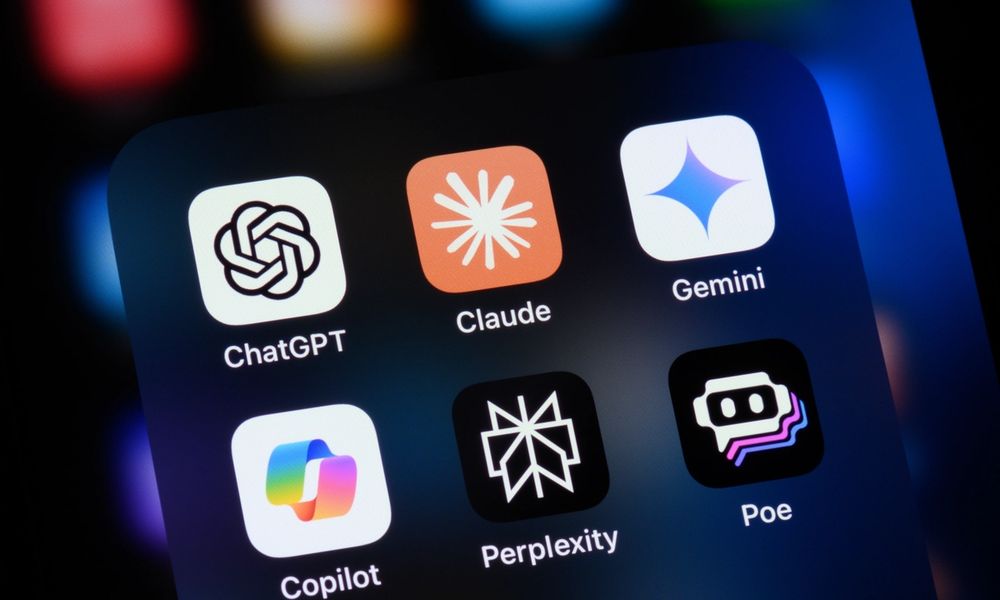Federal agencies are having a Rear Window moment, but they don’t know who’s behind the binoculars.
On Jan. 15, Google began rolling out an update to its Workspace utility suite that turned on its AI assistant, Gemini. For some companies—including Morning Brew—this update arrived without warning and required IT staff to disable the feature. That’s because the feature is opt-out, José Castañeda, a Google spokesperson, told IT Brew via email.
For staffers at beleaguered federal agency USAID, the update came as a surprise at a time when they were already under stress due to job cuts and uncertainty about the future. Staffers were told by leadership during a meeting in late January that Gemini was turned on and likely recording any conversations using the company’s Workspace features.
According to two sources at the agency, who spoke to IT Brew anonymously for fear of retaliation, the warning came as agency leadership in the Jan. 31 Google Meet agency meeting seemed to be acting stilted and scripted. Often, one of the sources explained, such meetings are not recorded and thus staff feels comfortable being candid, so the difference was noticeable to them.
The warnings about the AI tool, the sources said, were delivered verbally. Another concern expressed by sources is that private conversations, like HR reports, could conceivably be recorded.
Turning to tech. Marshall Heilman, CEO of DTEX Systems, told IT Brew that deploying AI to a large organization like a federal agency requires proper implementation, but that “as long as it’s done safely and securely at these agencies…is absolutely something that organizations should do.” Where problems could arise, he continued, is if the implementation of the individual Gemini instance that applies to the workspace—in this case USAID—wasn’t careful and accidentally exposed information.
Top insights for IT pros
From cybersecurity and big data to cloud computing, IT Brew covers the latest trends shaping business tech in our 4x weekly newsletter, virtual events with industry experts, and digital guides.
“I do not know the details of how it was rolled out by USAID, but if they’re using a version of Gemini that is not specific just to the USAID organization, they could accidentally be uploading or asking questions about sensitive information that other people within Google or other companies can see because they’re also accessing the same Gemini instance,” Heilman said. “I’m going to assume that’s not the case; that’s typically not how Gemini is deployed.”
The administration’s use of AI is already raising eyebrows in Washington, DC. Elon Musk, the Tesla CEO whose Department of Government Efficiency has been leading the White House effort to pare down the size of the government, has been a proponent of using AI to ferret out excess and waste. According to a report from the Washington Post, Musk and his allies are shoveling information from agencies into AI to find out what to cut.
With respect to the USAID concerns, Google’s Castañeda said that the company’s contract with USAID predates the arrival of the new administration, but the timing of the roll out of the feature could have caused them to coincide. That might mean that the implementation of the AI wasn’t pointed, as the USAID staffers IT Brew talked to feared it might be, but rather a result of the chaos that’s overtaken the agency since the new administration took over. President Donald Trump’s White House is pushing to reduce USAID staff from around 10,000 to under 300, and much of the staff is already in limbo awaiting their fates.
